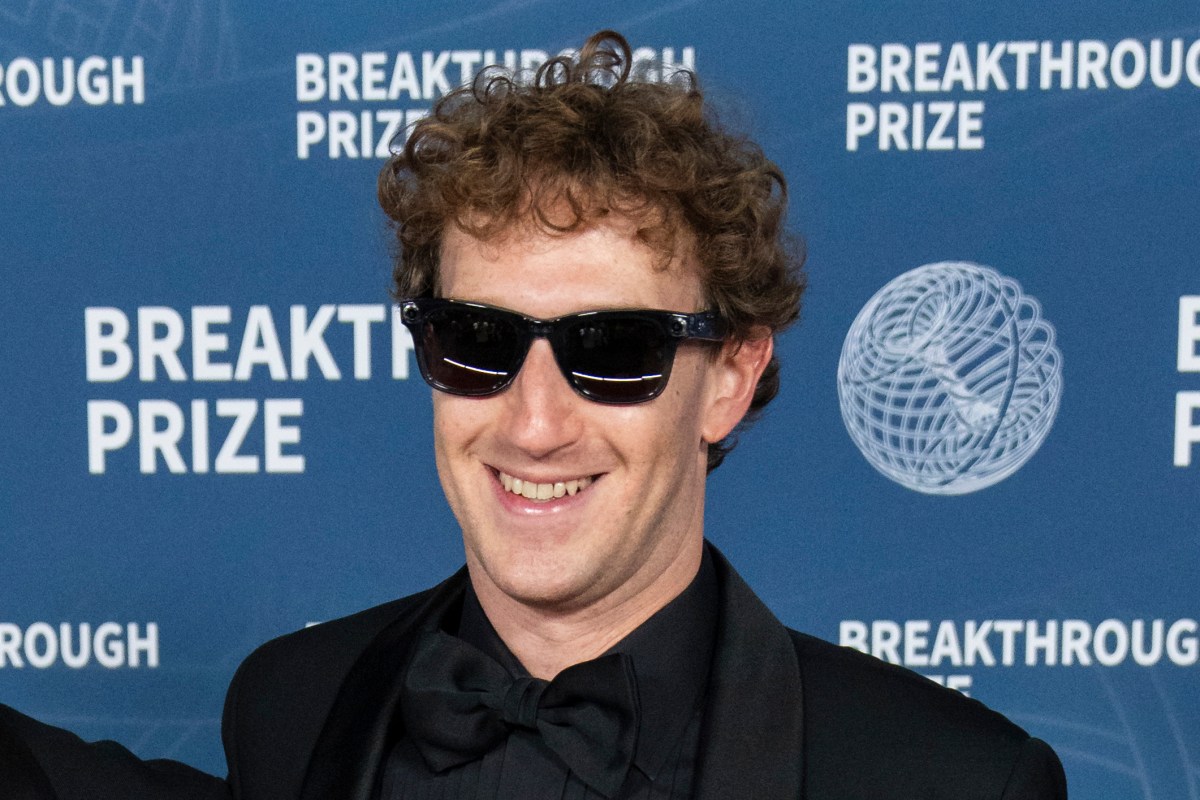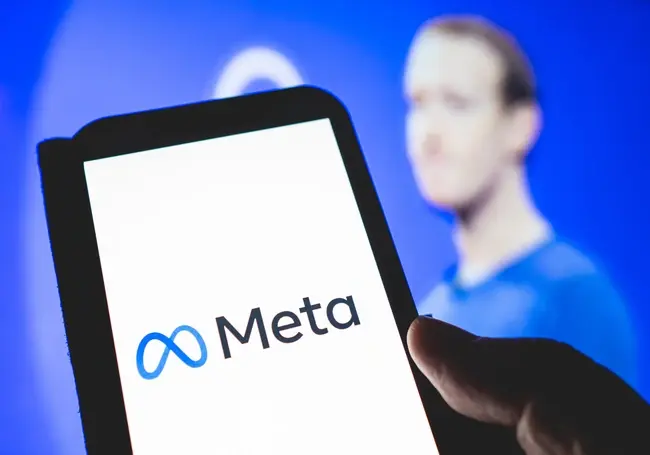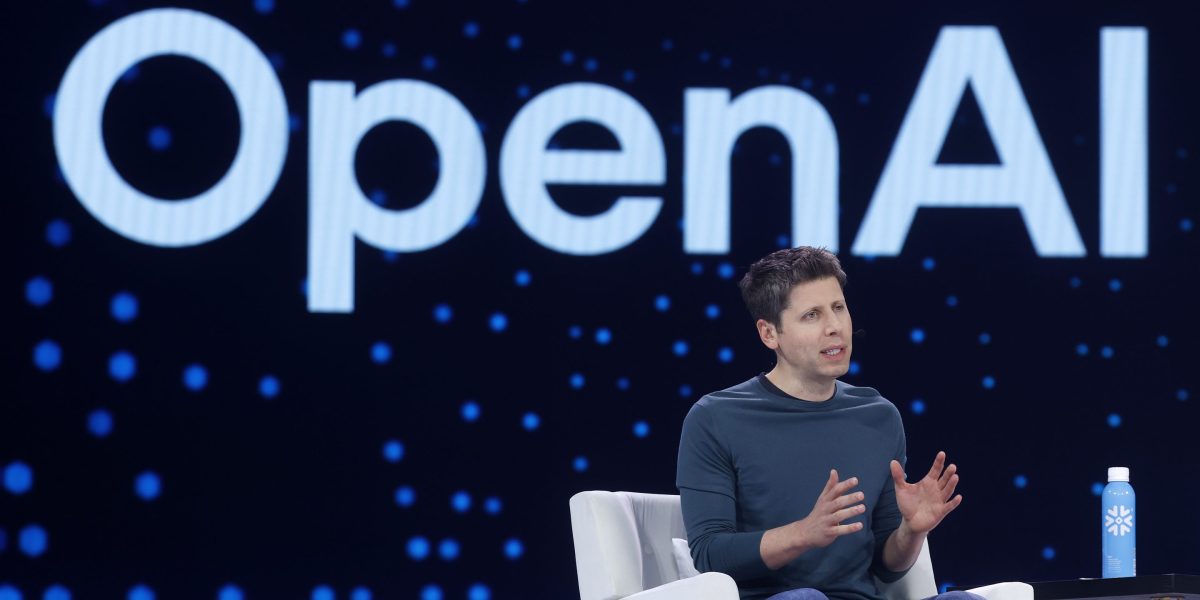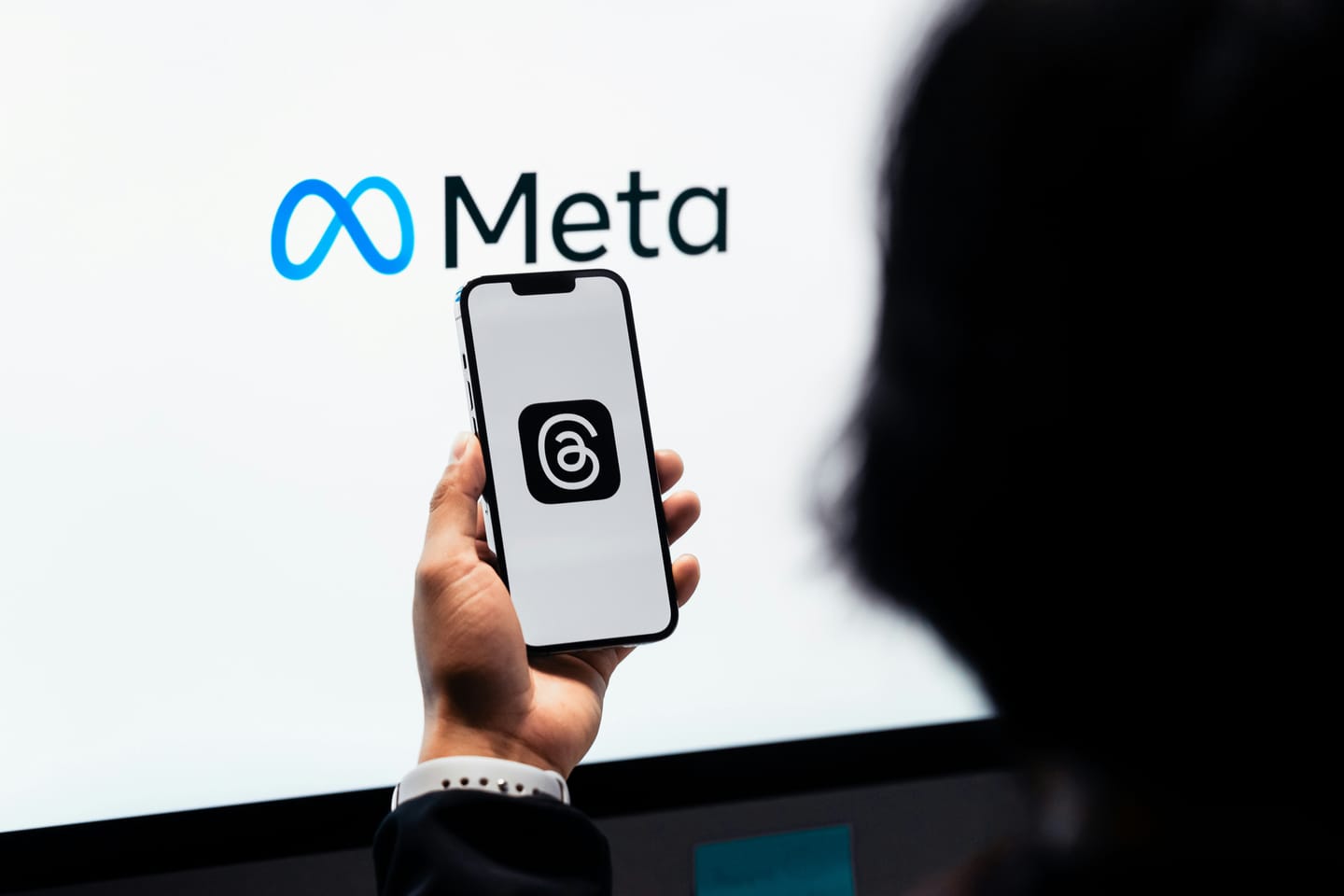The battle for AI talent has intensified between Meta and OpenAI, with the scarce resource driving offers into the billions. Meta poached 8 OpenAI researchers in just two weeks in June 2025, while OpenAI responds with its own talent development program that recruits 30 residents annually at $210,000 yearly salaries. Mark Zuckerberg personally identified targeted OpenAI staff and reportedly offered signing bonuses as high as $100 million.
The talent war deepened when Meta paid $14 billion for a 49% stake in Scale AI in mid-June 2025, recruiting its founder Alexandr Wang to lead the company's new superintelligence laboratory. Meta's AI team has attracted prominent experts including Trapit Bansal, Shuchao Bi, Huiwen Chang, and Ji Lin from companies including OpenAI, DeepMind, and Google. OpenAI CEO Sam Altman called Meta's recruitment tactics "crazy" and warned that money alone won't secure the best talent, adding: What Meta is doing will, in my opinion, lead to very deep cultural problems.
OpenAI is responding by focusing on talent cultivation through its six-month, full-time paid residency program that offers researchers from adjacent fields like physics or neuroscience a pathway into the AI industry, rather than recruiting individuals already involved in AI research. While the six-figure salary puts OpenAI residents in the top 5% of American workers, it's a bargain in the rarefied world of AI, where some companies are tossing around nine-figure bonuses. Expert estimates suggest there are only about 2,000 people worldwide capable of pushing the boundaries of large language models and advanced AI research, placing the industry in a position of talent scarcity.
Források:
1.

2.

3.











